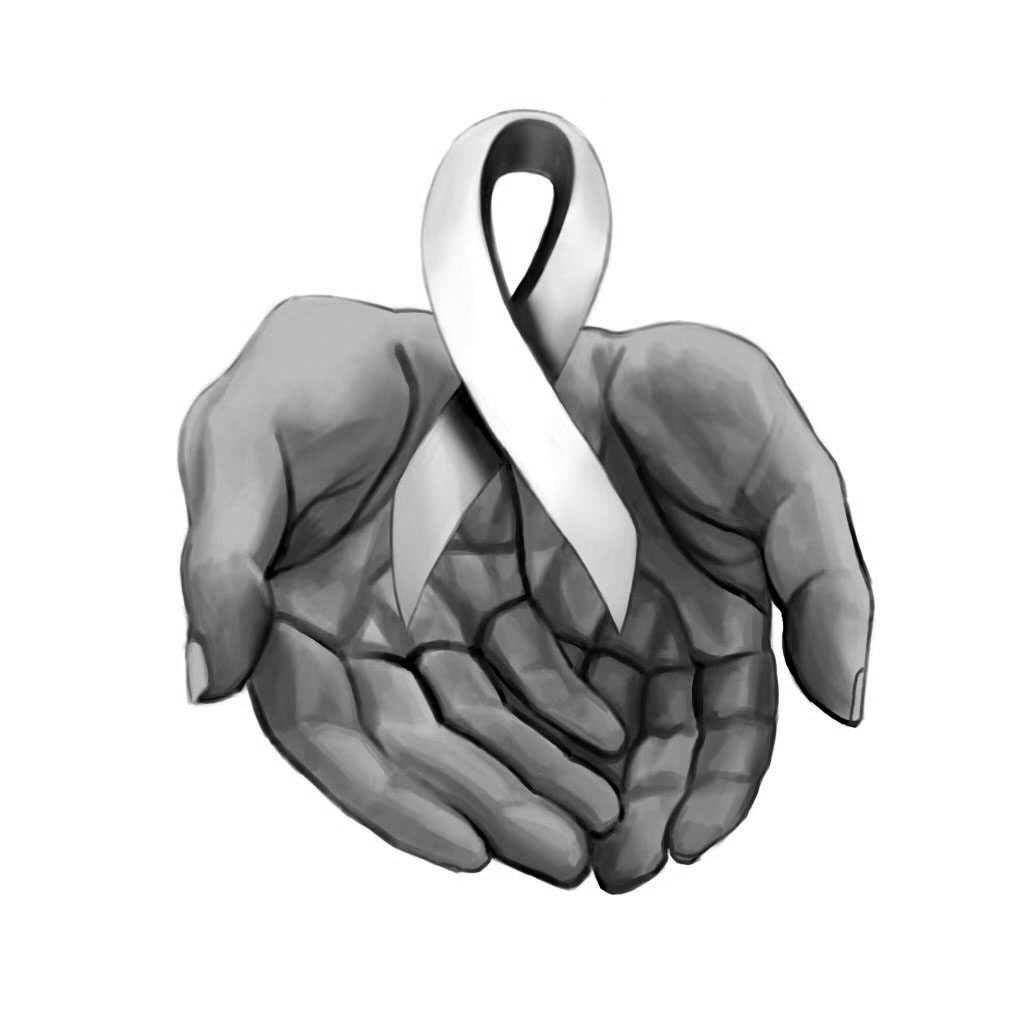A note from The Viking Views Editorial Board: The opinions, beliefs and viewpoints expressed by the various authors, artists, interviewees and forum participants in this publication, its website and social media platforms do not necessarily reflect the opinions, beliefs and viewpoints of the entire Viking Views Editorial Board, The Viking Views staff, the Hoover High School staff and students, North Canton City Schools and/or the North Canton community.
October is Breast Cancer Awareness month. It’s the most prevalent cancer among women with an estimated 313,000 expected new cases in the U.S. in 2024, according to U.S. News and World Report. With about 85% of cases occurring in women with no family history, it’s necessary to know the signs and get tested to prevent further damage. With more than 600,000 dying globally from this cancer in 2022, many can relate and empathize with family and friends.
It’s vital that we understand and acknowledge what individuals with cancer are going through, as most people have some connection or history with this horrible disease — even members of this Editorial Board. We, The Viking Views, steadfastly believe finding a way to show support and be aware of signs is key.
Understanding breast cancer involves knowing its types, risk factors, symptoms, diagnoses, treatment options and the emotional impact it has on patients and their families. Two types of breast cancer exist: invasive and noninvasive. Risk factors include both genetic and lifestyle factors. Family history plays a significant role; having a close relative with breast cancer increases one’s risk, which is why this topic is so close and personal to some on this Editorial Board.
It’s a must that people schedule examinations to make sure everything is normal. If the examination comes back abnormal, treatment options depend on the type and stage of cancer. Common treatments include surgery, radiation therapy,
chemotherapy, and hormone therapy. Surgery involves removing the tumor, chemotherapy involves using drugs to kill cancer cells and hormone therapy blocks hormones that fuel certain types of breast cancer.
Beyond the physical aspects, the emotional impact of breast cancer is profound. A diagnosis can bring about feelings of fear, anxiety, and uncertainty. Patients may experience changes in body image and self-esteem, especially after surgery. Support from family, friends, and healthcare professionals is crucial during this time. Support groups and counseling can provide emotional relief and a sense of community for those affected by breast cancer.
It is important to raise awareness for not only breast cancer but all cancers. Each year, the entire North Canton City Schools district works with St. Baldrick’s to raise not only awareness, but funds for research and, ultimately, a cure. Many students and staff are a part of this special event. In addition, our girls volleyball team also shows support by having a “Go Spike” game to raise money. So many adults and children are affected by cancer, we must empower, educate and support — realizing how this can impact and help others.
It’s essential to advocate for early detection and regular screenings such as mammograms. It can detect cancer early when it’s more treatable. Educating the public about risk factors and symptoms can lead to earlier diagnosis and better outcomes. Additionally, research and advancements in treatment continue to improve survival rates and quality of life for breast cancer patients.
Breast cancer is a complex disease that requires a comprehensive approach to treatment and endless comfort. Understanding risk factors, treatment options and its impact helps empower individuals navigating this disease. Providing emotional support to patients is one of the most important steps in helping patients through this tough time. Through awareness and education, we can work towards a future where breast cancer is more preventable, detectable, treatable and curable.







